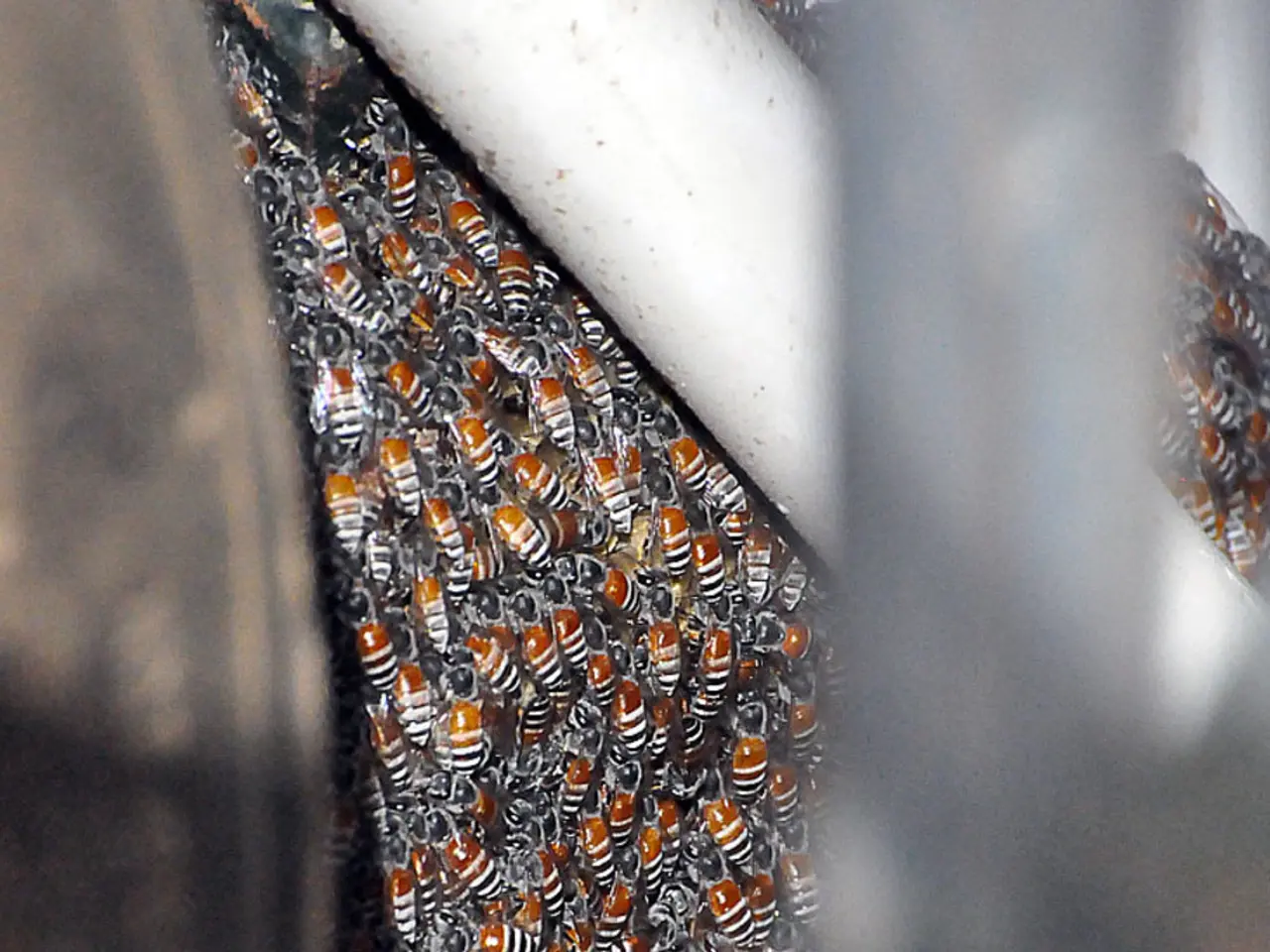Advocating for the Use of Wooden Spoons in Honey Preparation
For those who appreciate the rich, thick texture and unique flavour of premium honeys like Manuka, a wooden spoon might just become an essential kitchen tool. The reasons for this preference are numerous and rooted in the natural properties of wood, as well as its historical significance in honey harvesting and serving.
**Why Wooden Spoons are Best for Honey**
The primary advantage of using wooden spoons for honey is their non-reactive nature. Unlike metal or plastic, wood does not react with honey, preserving its natural flavour, enzymes, and texture. This means that even with prolonged contact, wood won't alter the taste or quality, a crucial factor when enjoying premium honeys like Manuka.
In addition, wooden spoons do not conduct heat, protecting honey from temperature fluctuations that could affect its properties. This heat insulation is particularly beneficial when serving honey, ensuring it retains its natural enzymes.
The thick, rich texture of Manuka honey is well-handled by a wooden spoon, making it easy to scoop and serve without losing its natural consistency. Moreover, the traditional and cultural significance of wooden utensils in honey harvesting offers a gentle touch and connection to natural beekeeping traditions.
**Best Practices for Caring for Wooden Spoons**
To ensure your wooden spoon remains a durable and hygienic tool for enjoying Manuka honey at its best, it's important to follow some simple care guidelines. Always wash wooden spoons by hand with mild soap and warm water. Avoid immersing them in water for long periods to prevent warping or cracking.
Gentle drying is key. Pat the spoon dry with a clean towel immediately after washing, and do not leave it to air dry in direct sunlight or near heat sources, as this can lead to splitting. Occasionally oil your wooden spoon with food-grade mineral oil or beeswax to maintain its surface integrity and prevent drying out.
Avoid using abrasive cleaners or putting wooden spoons in the dishwasher, as the heat and harsh detergents can damage the wood. By adhering to these best practices, you can ensure your wooden spoon remains a reliable and hygienic tool for your honey-loving adventures.
**A Note on Storage**
It's best not to store a spoon (wooden or otherwise) inside the honey jar to maintain its quality. Instead, keep your honey jars and wooden spoons separate to prolong their lifespan and preserve the flavour of your honey.
**Quality and Tradition in Every Jar**
The website's commitment to quality experiences mirrors the traditional harvesting methods used in producing honey. Each jar of honey from the website comes with a unique QR code for traceability, ensuring you can follow the honey's journey from the hive to your table.
For those looking to delve deeper into the world of Manuka honey, the website offers a wooden dose spoon that can be purchased alone or as part of a starter kit. The MGO 600, 850, and 1000+ starter kits include a wooden spoon, making it easy for you to embark on your honey journey with the right tools.
Using a wooden spoon for serving Manuka honey not only enhances the taste experience but also connects to honey's traditional roots. Many honey lovers continue to favour wooden spoons due to their neutral, non-reactive nature and the sense of mindfulness they bring to the daily routine of enjoying honey.
Lastly, it's worth mentioning that wooden spoons are non-reactive and do not contain microplastics, a growing concern with plastic utensils and dishware. By choosing a wooden spoon, you're not only preserving the natural flavour of your honey but also making a more sustainable choice for the environment.
A wooden spoon is beneficial for food-and-drink, particularly for premium honeys like Manuka, due to its non-reactive nature that preserves its natural flavour, enzymes, and texture. The thick, rich texture of Manuka honey is well-handled by a wooden spoon, making it easy to scoop and serve without losing its consistency.
Incorporating a wooden spoon in your home-and-garden tools for cooking and serving can add a touch of tradition and mindfulness to your lifestyle, while also ensuring a sustainable choice for the environment, as wooden spoons do not contain microplastics.




